
Carbon dioxide (CO2) emissions into the Earth's atmosphere hit a record high in 2024, leading to more intense global warming, according to a new report.
CO2 concentrations increased by 3.5ppm from 2023 to 2024, marking the largest one-year increase since we began keeping records in 1957 (ppm: a unit of measurement for gas concentration in one million parts per million volume of air).
Researchers attribute this record increase to humans' continued use of fossil fuels, increased wildfires, and reduced absorption of CO2 by Earth's carbon sinks (such as oceans and forests).
For decades, scientists have warned that humanity needs to reduce the amount of CO2 in the atmosphere to control climate change. A new report from the World Meteorological Organization (WMO) shows the opposite is happening, with CO2 concentrations soaring at an unprecedented rate. The WMO recommends reducing CO2 emissions along with improving monitoring.
“The amount of CO2 and other greenhouse gases being trapped is accelerating climate change and leading to more extreme weather,” said Ko Barrett, WMO Deputy Secretary-General. “Reducing emissions is therefore essential not only for the climate, but also for our economic security and public well-being.”
CO2 and other greenhouse gases trap heat by absorbing radiation. As greenhouse gas concentrations increase, so does average global temperature.
The impacts of global warming are changing weather patterns, raising sea levels, affecting our ability to grow food and causing many other costly impacts, ultimately threatening the lives of billions of people.
Climate scientists consider CO2 to be the most powerful greenhouse gas on the planet. According to the US National Oceanic and Atmospheric Administration (NOAA), CO2 has been responsible for about 80% of the total warming effect of greenhouse gases since 1990.
Atmospheric CO2 concentrations have been rising steadily for decades. The 3.5ppm increase in 2024 is up from 2.4ppm in 2023 and is higher than the average annual growth rate of 2.57ppm set over the past decade. Total atmospheric CO2 concentrations are expected to reach 423.9ppm in 2024, a 152% increase over pre-industrial levels – the estimated concentration before 1750.
The report found that concentrations of methane (CH4) and nitrous oxide (N2O), the second and third most important greenhouse gases, also increased at record levels by 2024, up 166% and 25% respectively from pre-industrial levels.
The top emitting countries
China, the US and India are the three biggest emitters in 2024, according to the Global Atmospheric Research Emissions Database.
China is responsible for about 29.2% of all human-caused greenhouse gas emissions, while the United States contributes 11.1% and India contributes 8.2%. Furthermore, China and India increased their emissions compared to 2023, while U.S. emissions remained virtually unchanged.
China emits a huge amount of CO2, but it has recently set targets to reduce its greenhouse gas emissions. US President Donald Trump signed an executive order withdrawing the country (for the second time) from the Paris Agreement, an international treaty to limit global warming. He has also stepped up his strategy of expanding oil and gas exploration, increasing the risk of using emitting fossil fuels.
According to Climate Action Tracker, an independent scientific project that tracks climate action efforts against previously agreed targets in the Paris Agreement, neither the US nor China has done enough to reduce emissions. Climate Action Tracker currently rates China's efforts as "very inadequate" and the US's efforts as "extremely inadequate," the two lowest ratings.
Carbon sink
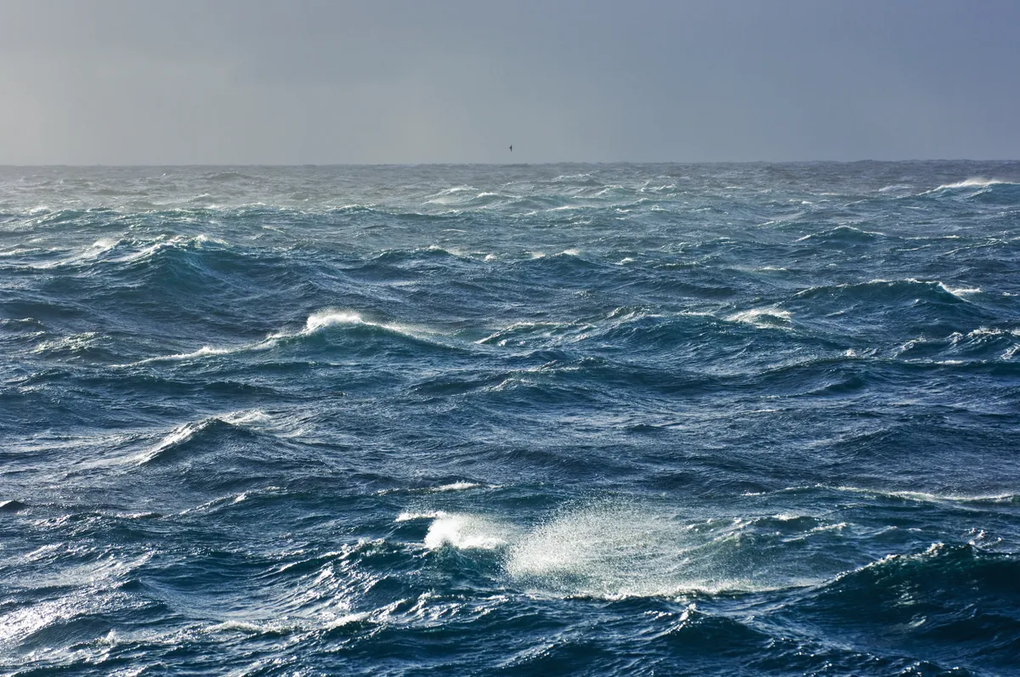
Humans can directly reduce the amount of greenhouse gases in Earth's atmosphere by burning less fossil fuels, such as oil and natural gas, and limiting other activities that create emissions.
In addition, some natural systems also contribute to the retention of greenhouse gases through carbon sinks. These natural sinks absorb about half of the CO2 emitted each year, leaving the rest in the atmosphere.
But the WMO report says these carbon sinks are now being depleted. As the planet warms, sinks like the ocean absorb less CO2 because the gas doesn’t dissolve as well in warmer waters. This is a process known as enhanced cycling, where warming leads to more warming.
"Land and ocean CO2 sinks are becoming less effective. This will increase the amount of CO2 remaining in the atmosphere, thereby accelerating global warming," said Oksana Tarasova, vice-chair of the Intergovernmental Panel on Climate Change.
She also proposed the need to maintain and strengthen the monitoring of greenhouse gases to understand climate cycles, contributing to finding measures to improve the current serious climate change situation.
Source: https://dantri.com.vn/khoa-hoc/co2-dat-muc-cao-ky-luc-moi-dan-den-hien-tuong-nong-len-toan-cau-nhieu-hon-20251020014029281.htm



![[Photo] The Steering Committee of the 2025 Fall Fair checks the progress of the organization](https://vphoto.vietnam.vn/thumb/1200x675/vietnam/resource/IMAGE/2025/10/20/1760918203241_nam-5371-jpg.webp)

![[Photo] Solemn opening of the 10th Session, 15th National Assembly](https://vphoto.vietnam.vn/thumb/1200x675/vietnam/resource/IMAGE/2025/10/20/1760937111622_ndo_br_1-202-jpg.webp)
![[Photo] Chairman of the Hungarian Parliament visits President Ho Chi Minh's Mausoleum](https://vphoto.vietnam.vn/thumb/1200x675/vietnam/resource/IMAGE/2025/10/20/1760941009023_ndo_br_hungary-jpg.webp)









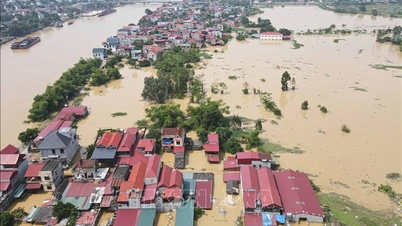








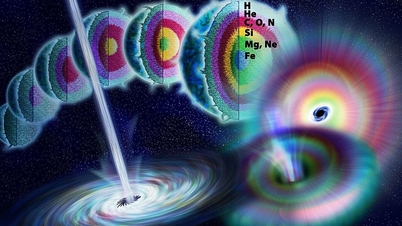
















































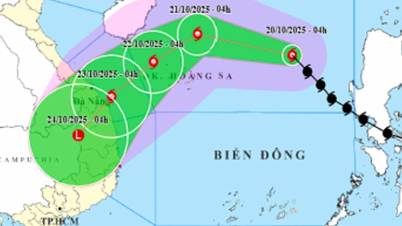

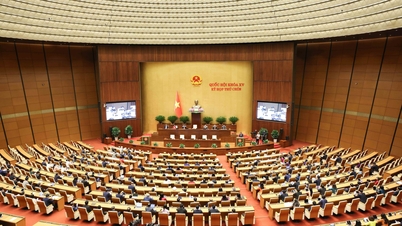
































Comment (0)